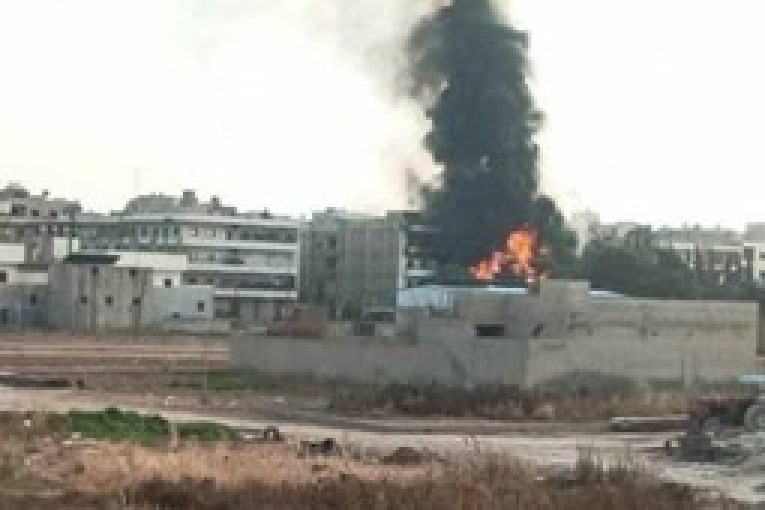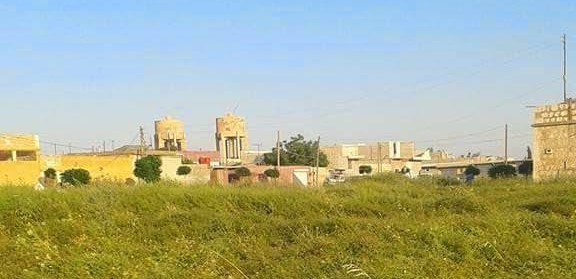
afrinpost – Exclusive
Local sources report significant damage to crops in Afrin’s agricultural regions relying on irrigation from the Midanki Dam channels, which remain dry due to the Turkish restraining from release the water. This is attributed to the low water levels in the dam, as water was not retained during the winter, allowing it to flow into the Turkish side’s Reyhanli Dam.
According to a report published by the Media Office of the Kurdish Democratic Unity Party in Syria on June 8, 2024, there has been a noticeable decrease in water stored in the Midanki Dam compared to 2019, despite similar rainfall levels in both years, each exceeding 500 mm.
The report explains that “the Turkish coordinator supervising the dam did not properly retain the winter rains, unlike the practices before the Turkish authorities in 2018 when water retention was maximized with excess released to the river. Instead, this winter, river levels were kept high to ensure water flowed into the Turkish Reyhanli Dam (storage capacity of 900 million cubic meters), opened in 2020.” The report also notes the presence of four dams on Afrin River tributaries within Turkey, the largest being the Upper Afrin Dam with a storage capacity of 38 million cubic meters, opened in 2021.
The report highlighted the cessation of irrigation stations (Gamarok, Tall Tawil/Ister, Jumkeh, and Bablit) due to equipment theft by SNA militias since 2018.
Farmers now incur additional irrigation costs, resorting to drilling deep artesian wells over 350 meters deep due to the drying of most surface wells and the inefficiency of Midanki Dam’s irrigation channels.
This misappropriation of Midanki Dam’s water by the Turkish authorities to benefit the Reyhanli Dam constitutes a severe crime against the people of Afrin and a significant violation of international laws.






